
Distinguished Lecture Series
The Native American Center for Health Professions (NACHP) sponsors a Distinguished Lecture Series focusing on issues affecting Native health.
The Distinguished Lecture Series is funded by the Indians Into Medicine (INMED) grant within the Indian Health Service in the Department of Health and Human Services. NACHP hosts three free public lectures per year and are available in both in-person and virtual formats.
Contact us at nachp@hslc.wisc.edu to join the mailing list.
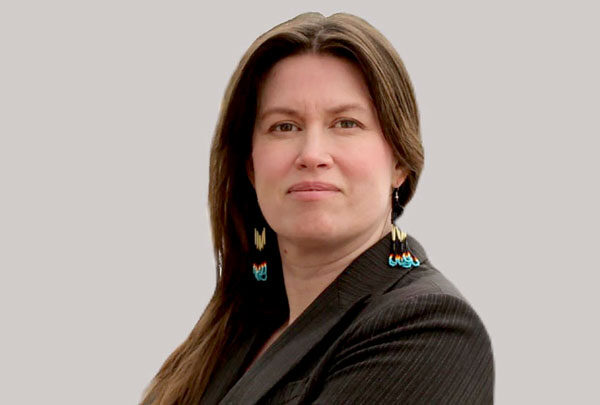
Philomena Kebec, JD
The Expanding Circle of Care: Retooling Tribal Health Systems in the Age of Fentanyl
February 27, 2025
Philomena Kebec, JD, belongs to the Bad River Band of Lake Superior Chippewa Indians and works on building and improving health support systems for tribal communities. Her talk focuses on how tribal communities are tackling the challenge of disproportionately high mortality due to fentanyl-related drug overdose. By combining pharmaceutical-based care with traditional medicine approaches, tribal communities are transforming their health systems to offer humane and effective treatment for all ages.
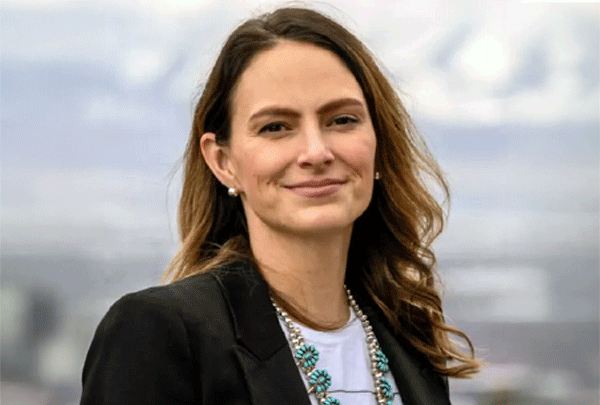
Heather Tanana, MPH, JD
Native American Health Policy: Law as a Determinant of Health
November 7, 2024
Heather Tanana, a citizen of the Navajo Nation, is dedicated to promoting Indigenous rights. She is a visiting professor of law at the University of California, Irvine and associate faculty at the Johns Hopkins Center for Indigenous Health. Her talk explores the intersection of federal Indian law and Native American health, examining how historical and contemporary legal frameworks have contributed to pervasive health inequities.
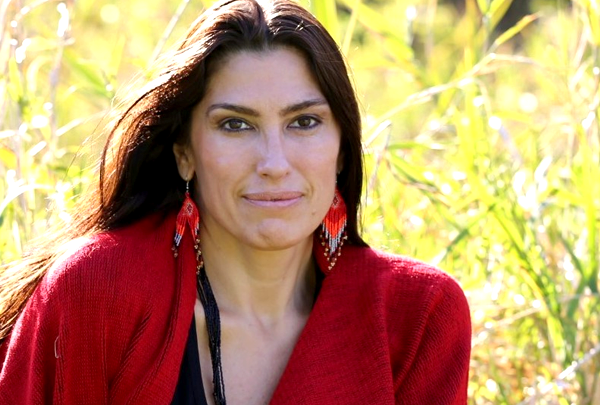
Jeneile Luebke, PhD, RN
Missing and Murdered Indigenous Women, Girls, And 2 Spirit: A Crisis Rooted In The Continuation of Colonial Injustice
June 24, 2024
Jeneile Luebke PhD, RN is a registered nurse and Assistant Professor in the School of Nursing at UW–Madison. Her talk focuses on the intersections of Murdered and Missing Indigenous Women/Relatives (MMIW/R) that impact health and well-being of Indigenous people and their communities including historical and contemporary roots of the MMIW/R crisis, practice implications for helper/healer professions, and work being done by the Wisconsin MMIW/R Taskforce.
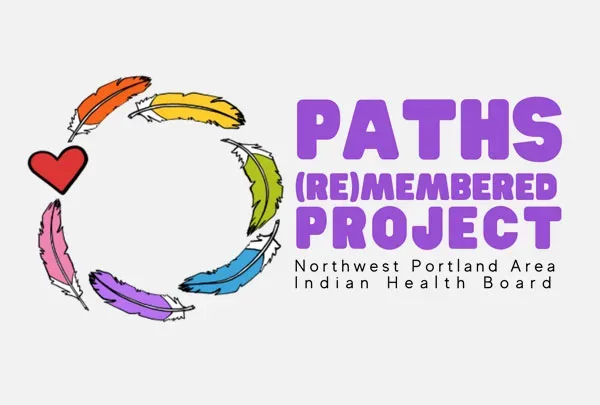
Creating Affirming Healthcare Spaces for Two Spirit, Indigiqueer, and Transgender AI/AN Peoples
January 11, 2024
Presenters explored cultivation of affirming environments within Indigenous health care systems and structures, and discussed the difficulties of providing affirming care amid current sociopolitical landscapes in the United States.
Resources:
Lecture was not recorded.
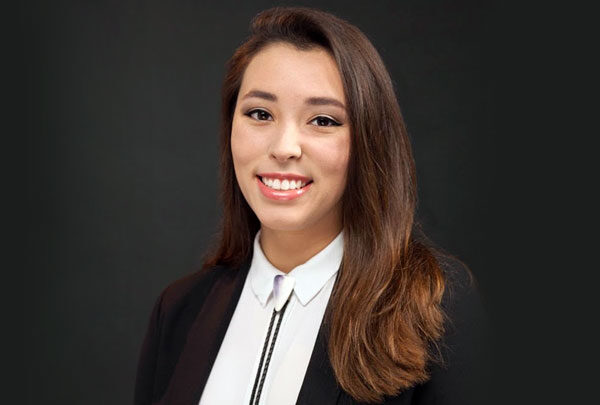
Lauren W. Yowelunh McLester-Davis
Part 2 of a Two-part Series on Data Sovereignty
Protection of Indigenous Data in Alzheimer’s Disease and Related Dementias Research
March 2, 2023
Lauren W. Yowelunh McLester-Davis is a PhD candidate in neuroscience at Tulane University. She was born and raised on the Oneida Reservation in Wisconsin. Her research focuses on protecting and asserting sovereign rights of tribal nations in relation with academic research, enhancing protections for Indigenous data at the national level, and leveraging existing research data for direct benefits to tribal communities.
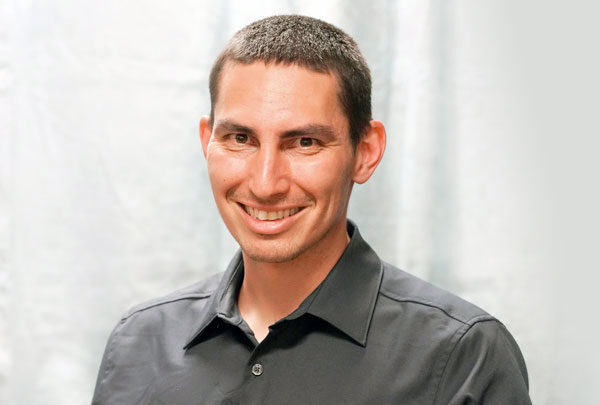
Kyle Conniff
Part 1 of a Two-part Series on Data Sovereignty
Considerations for Working with Indigenous Patients and Data from Visitation and Participation Patterns to Ownership
January 5, 2023
Kyle Conniff is a PhD in statistics at the University of California, Irvine. He is Menominee from Northwest Wisconsin but was born and raised in La Crosse. His dissertation and methodological research considers semi-parametric time-to event modeling in the presence of system migration in Indian Health Services’ electronic health records data.
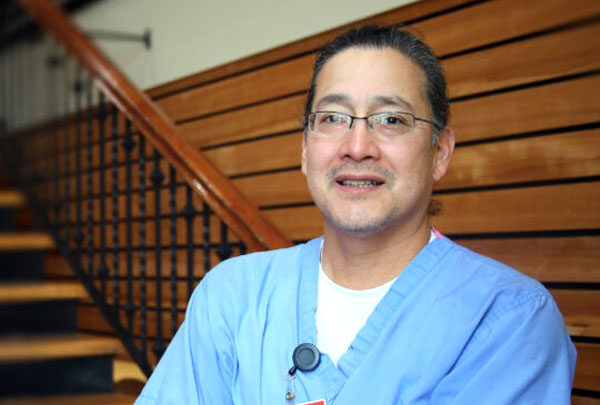
Lyle A. Ignace, MD, MPH
Health Disparities and Mounting Health Concerns Coming out of a Pandemic
May 4, 2022
Lyle A. Ignace is the President and CEO of the Gerald L. Ignace Indian Health Center, Inc., located in Milwaukee, WI. Dr. Ignace is Menominee from Wisconsin and Coeur D’Alene from northern Idaho. He is a board-certified internist and former clinical service chief of internal medicine with 10 years of experience providing comprehensive ambulatory and inpatient acute care for the Gallup Indian Medical Center, Navajo Service Unit Indian Health Service.
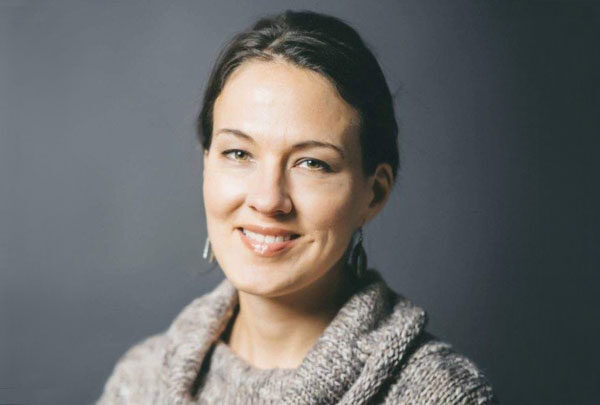
Nicole Redvers, ND, MPH
The Climate and Health Nexus: Indigenous Planetary Health
February 17, 2022
Nicole Redvers is a member of the Deninu K’ue First Nation in Denendeh and is an assistant professor in the Department of Family and Community Medicine – Indians into Medicine (INMED) at the University of North Dakota where she helped developed and launch the first Indigenous health PhD program. Dr. Redvers is author of the book The Science of the Sacred: Bridging Global Indigenous Medicine Systems and Modern Scientific Principles.
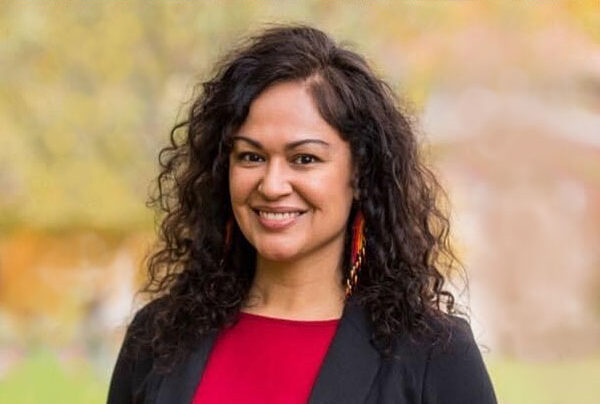
Cary Waubanascum, PhD
Understanding how Indigenous Relative Caregivers Embody Traditional Kinship to Resist the Colonial Child Welfare System
October 28, 2021
Cary Waubanascum is a proud member of the Oneida Nation of Wisconsin, Wakeny^ta (Turtle Clan), with ancestral roots in the Menominee, Forest County Potawatomi, and Stockbridge-Munsee Band of Mohican Nations of Wisconsin. She is an assistant professor in the social work professional programs at the University of Wisconsin-Green Bay.
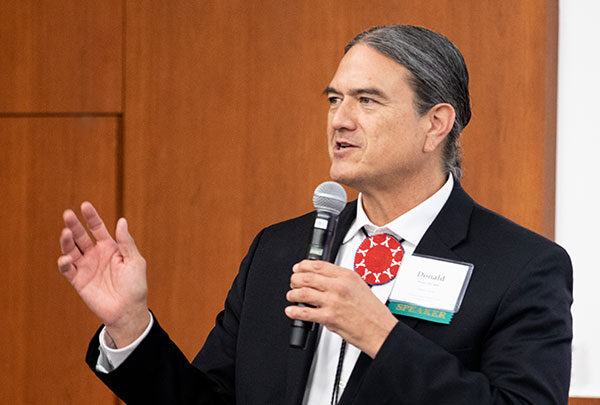
Donald Warne, MD, MPH
American Indian Health Equity
September 29, 2022
Donald Warne, MD, MPH, is the co-director of the Johns Hopkins Center for American Indian Health and Provost Fellow for Indigenous Health Policy. Dr. Warne is a member of the Oglala Lakota tribe from Pine Ridge, South Dakota, and comes from a long line of traditional healers and medicine men.
This lecture was part of the UW School of Medicine and Public Health’s Diversity Summit 2022.
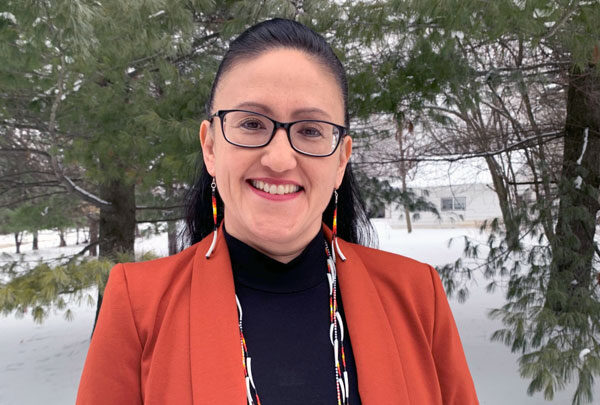
Candi Cornelius, MSN, RN, CLC
American Indian Maternal Child Health: National and Local Perspective
March 5, 2021
Candi Cornelius, of the Oneida and Menominee Nations of Wisconsin, works for the Oneida Community Health Center as a Prenatal Care Coordinator. She is a certified lactation counselor and childbirth educator who helps improve breastfeeding rates and equips expecting parents with the knowledge to make informed decisions.
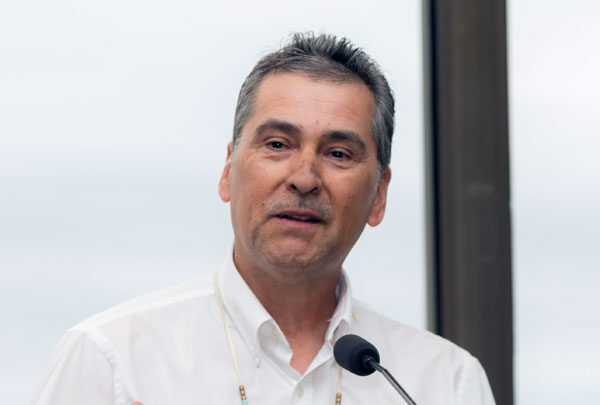
Wendell Waukau, MA, ES; Jerry Waukau Sr.
Menominee’s Journey to a Culture of Health
February 19, 2021
Jerry Waukau Sr. was born and raised on the Menominee Reservation. He has been the Tribal Health administrator for 35 years and is proud of the Robert Wood Johnson Foundation Culture of Health Prize Award the Menominee Nation received in 2015.
Wendell Waukau, MA, ES, is the superintendent for Menominee Indian School District, located on the Menominee Indian Reservation in Northeast Wisconsin, and is a member of the Menominee Indian Tribe in Wisconsin.
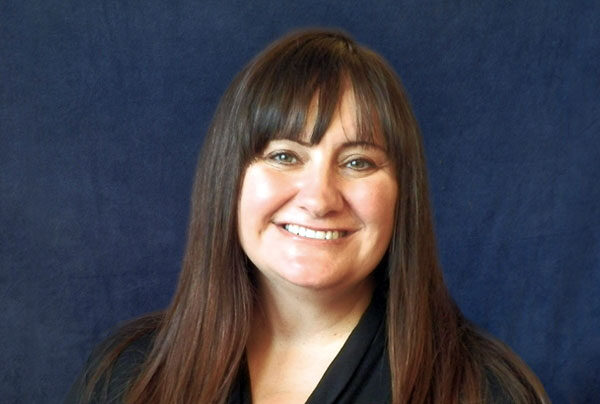
Kris Rhodes, MPH
Indigenous Cancer Burdens and Solution: Trust Community Wisdom
December 10, 2019
Kris Rhodes, of the Bad River and Fond du Lac Bands of Lake Superior Chippewa, is the CEO of the American Indian Cancer Foundation, a national organization dedicated to capacity building solutions based in tribal wisdom to eliminate cancer burdens faced by American Indian and Alaska Native people.
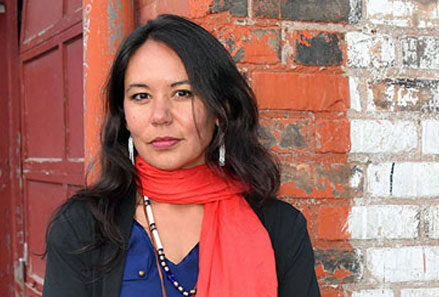
Michelle Johnson-Jennings, PhD
Transforming Trauma Through Love: A Community Driven Randomized Clinical Trial Among the Choctaw Nation to Lower Addiction Risks
May 3, 2019
Johnson-Jennings is an Indigenous clinical health psychologist and associate professor at the University of Saskatchewan.
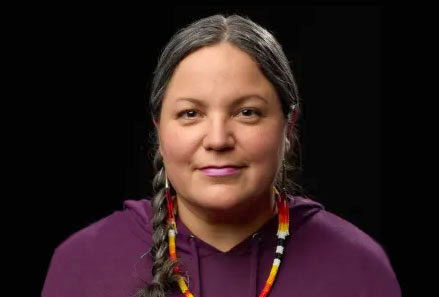
Blythe Winchester, MD, MPH
Navigating the Health of Our Elders
December 5, 2018
Winchester is a board-certified geriatrician and enrolled member of the Eastern Band of Cherokee Indians in Cherokee, North Carolina. She practices at Cherokee Indian Hospital providing care to elders, consultation and home visits, and is the certified medical director at Tsali Care Center.
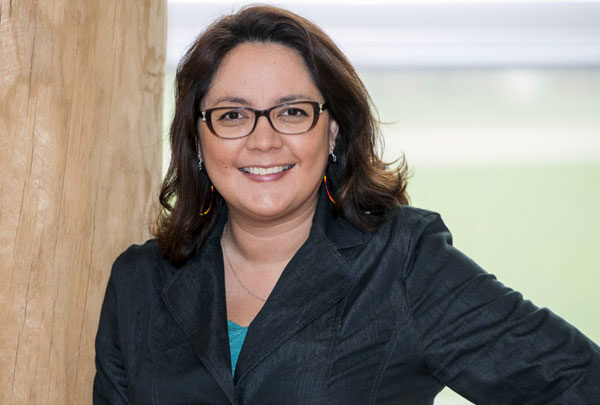
Annie Belcourt, PhD
American Indian Environmental Health: Risk, Resiliency and the Role of Traditional Ecological Knowledge
September 28, 2018
Belcourt (Otter Woman) is an associate professor at the College of Health Professions and Biomedical Sciences at the University of Montana.
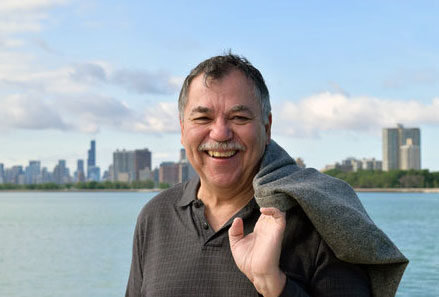
Jon Kerstetter, MD
Modern Paradigms of Native American Education: Crossing the Boundaries of Health Professions
April 23, 2018
Dr. Kerstetter is a member of the Oneida Nation and a military veteran.
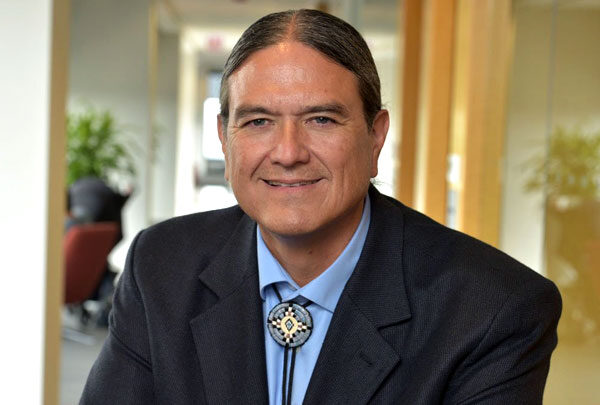
Donald Warne, MD, MPH
Impact of Unresolved Trauma on American Indian Health Disparities
September 29, 2017
Dr. Warne is professor and chair of the Department of Public Health at North Dakota State University.